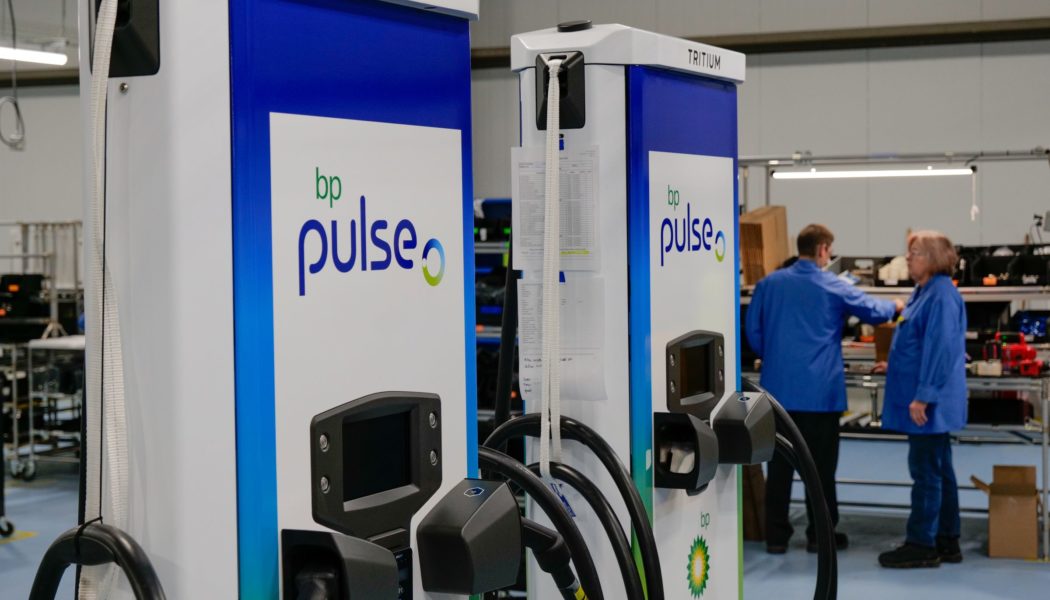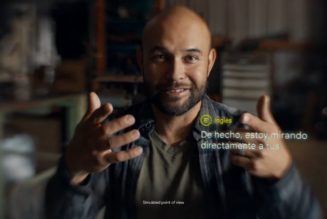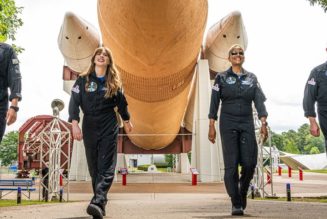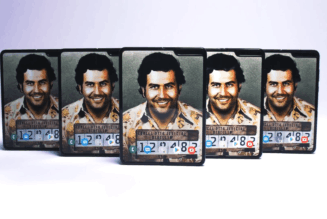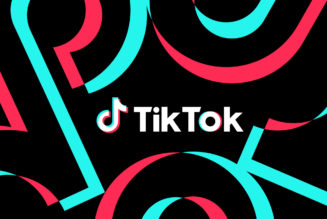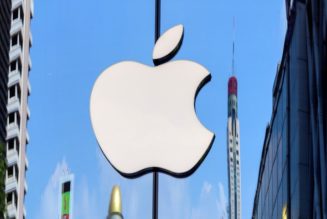BP is ordering Tritium electric vehicle charging stations to expand its BP Pulse fleet and public charging network. The transaction comes as more fossil fuel-based companies are slowly pivoting to support green transportation.
:format(webp)/cdn.vox-cdn.com/uploads/chorus_asset/file/24372616/6b790b08_9663_48fa_9f22_e7ddb4d4aa32.jpeg)
BP Pulse, the EV branch of oil and gas conglomerate BP, placed a new order for DC fast chargers from electric vehicle power supply maker Tritium. The companies have not specified how many chargers are in the new order, but Tritium calls it its “largest ever order from a single customer.” The transaction means there will soon be even more available chargers as EV adoption grows and government-mandated deadlines to eliminate combustion cars looms closer.
“We’re looking forward to putting these chargers to work across three continents,” BP Pulse CEO Richard Bartlett states in a press release. BP Pulse currently operates about 60 charging locations in the UK based on its online map and is working to expand in Australia, Europe, and the United States.
BP and Tritium entered a multiyear contract in April last year with a goal of growing BP Pulse’s network of fleet and public-accessible fast charging stations. Tritium recently partnered with DC-America in October to help build a nationwide fast charging network in the US. The American-based company also sells chargers to other customers like Osprey in the UK.
Tritium builds its DC chargers, ones that are capable of 50 and 150 kWh speeds, largely in its plant in Lebanon, Tennessee, that opened in August. It also has a plant in Brisbane, Australia, where it plans to build chargers for BP Pulse deployments that land down under. The company’s US plant is said to be capable of 30,000 units per year “at full maturity,” while the Australian one is capable of 5,000. Tritium did not specify when its plants would reach production capacities.
BP established its footing in the EV charging business through the acquisition of California-based Amply power in 2021, which was then renamed to BP Pulse. Thanks to the former company’s fleet and charging management platform, the new BP Pulse then secured a partnership with Hertz to help build out its EV charging fleet network.
BP’s deals with Hertz and Tritium highlight a growing interest for legacy fossil fuel companies to pivot harder toward supporting EV growth. Just this week, big oil company Shell acquired EV charging network Volta. Both of these transactions just might set a tone for 2023 that electric cars are gaining steam — though some states could get in the way of that.
